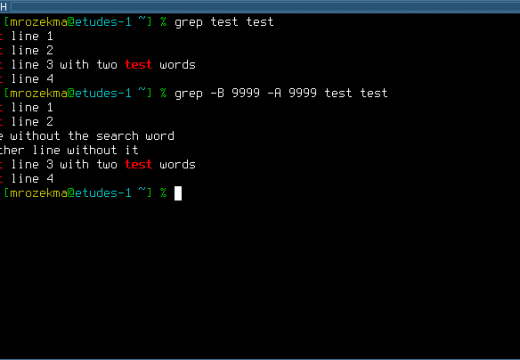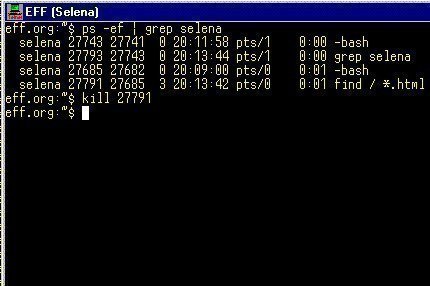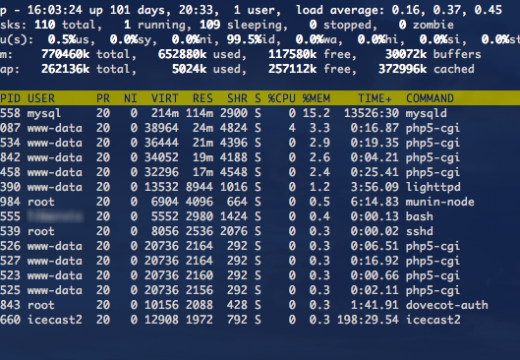Most Unix systems come with several basic backup software options, including dd, cpio, tar, and dump.
If the basic backup software included with Unix does not meet your needs, you may want to look at some of the more comprehensive software packages designed to backup Unix and Windows systems.
Built-in Unix Backup Software
tar
tar stands for “tape archive.” tar was originally written to backup data to tape, but is in fact a general purpose library program. A library program is a program which copies a large number of files into one larger file for simplified data management. Those files can later be extracted from the library for use.
For example, the tar command to backup your filesystem to a tape unit named /dev/st0 would be:
tar -cvf /dev/st0 /
cpio
cpio stands for “copy input output.” cpio simply copies its input to its output. cpio is not capable of finding files on its own, so it is usually used in combination with the find command.
For example, the cpio command to backup your filesystem to a tape unit named /dev/st0 would be:
find / -print |cpio -ocBv /dev/st0
dd
dd is a very low-level command for copying data. dd is most frequently used for making exact copies of phyiscal hard drives for computer forensics work.
For example, the dd command to backup a hard drive named /dev/hda to another hard drive named /dev/hdb would be:
dd if=/dev/hda of=/dev/hdb
dump / rdump / ufsdump
dump is a newer Unix command than dd, tar, or cpio. dump is designed for simplified backups of an entire filesystem.
For example, the dump command to backup your filesystem to a tape unit named /dev/nst0 would be:
dump -0ua -f /dev/nst0 /
rdump stands for “remote dump.” rdump is used to backup a filesystem to a remote host.
Under Solaris, dump is called “ufsdump.”
Free Unix Backup Software
AMANDA
AMANDA, the Advanced Maryland Automatic Network Disk Archiver, is a backup system that allows the administrator of a LAN to set up a single master backup server to back up multiple hosts to a single large capacity tape drive.
AMANDA uses native dump and/or GNU tar facilities and can back up a large number of workstations running multiple versions of Unix. AMANDA can also use SAMBA to back up hosts running Microsoft Windows.
Bacula
Bacula is a set of computer programs that permit you (or the system administrator) to manage backup, recovery, and verification of computer data across a network of computers of different kinds.
In technical terms, Bacula is a network based backup program.
Bacula is relatively easy to use and efficient, while offering many advanced storage management features that make it easy to find and recover lost or damaged files.
afbackup
afbackup is a client-server backup system allowing many workstations to backup to a central server (simultaneously or serially).
Backups can be started remotely from the server or via cron jobs on the clients.
afbackup has been tested on Linux, FreeBSD, AIX, IRIX, Digital Unix (OSF1), Solaris and HP-UX. The afbackup client has also been tested on SunOS and OpenBSD.





Follow Us!